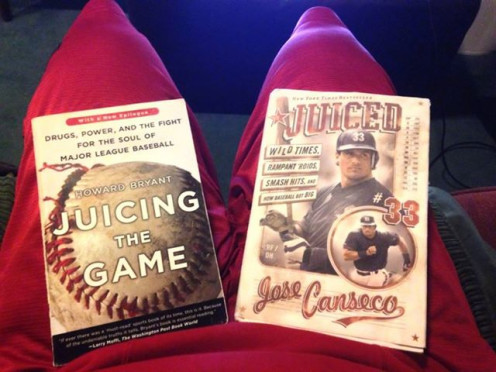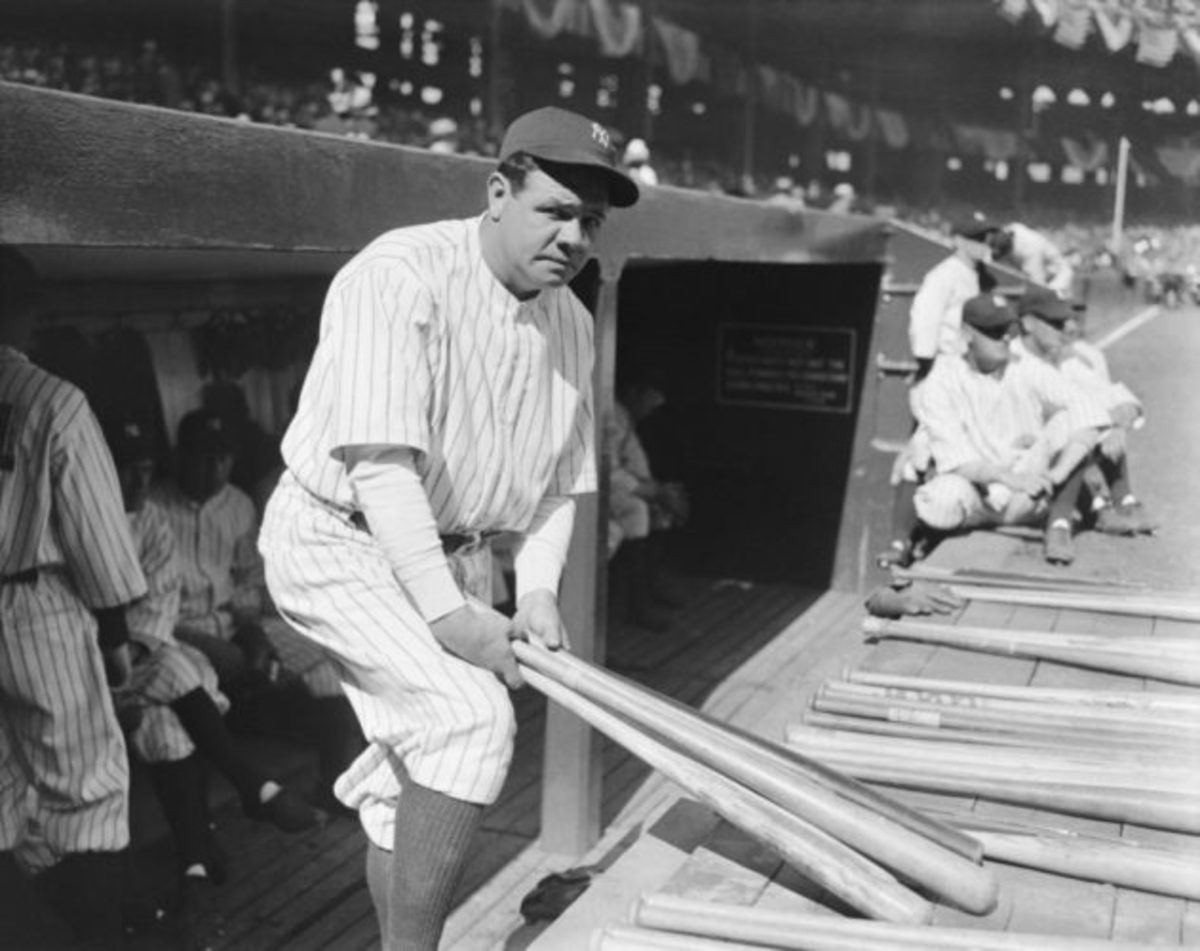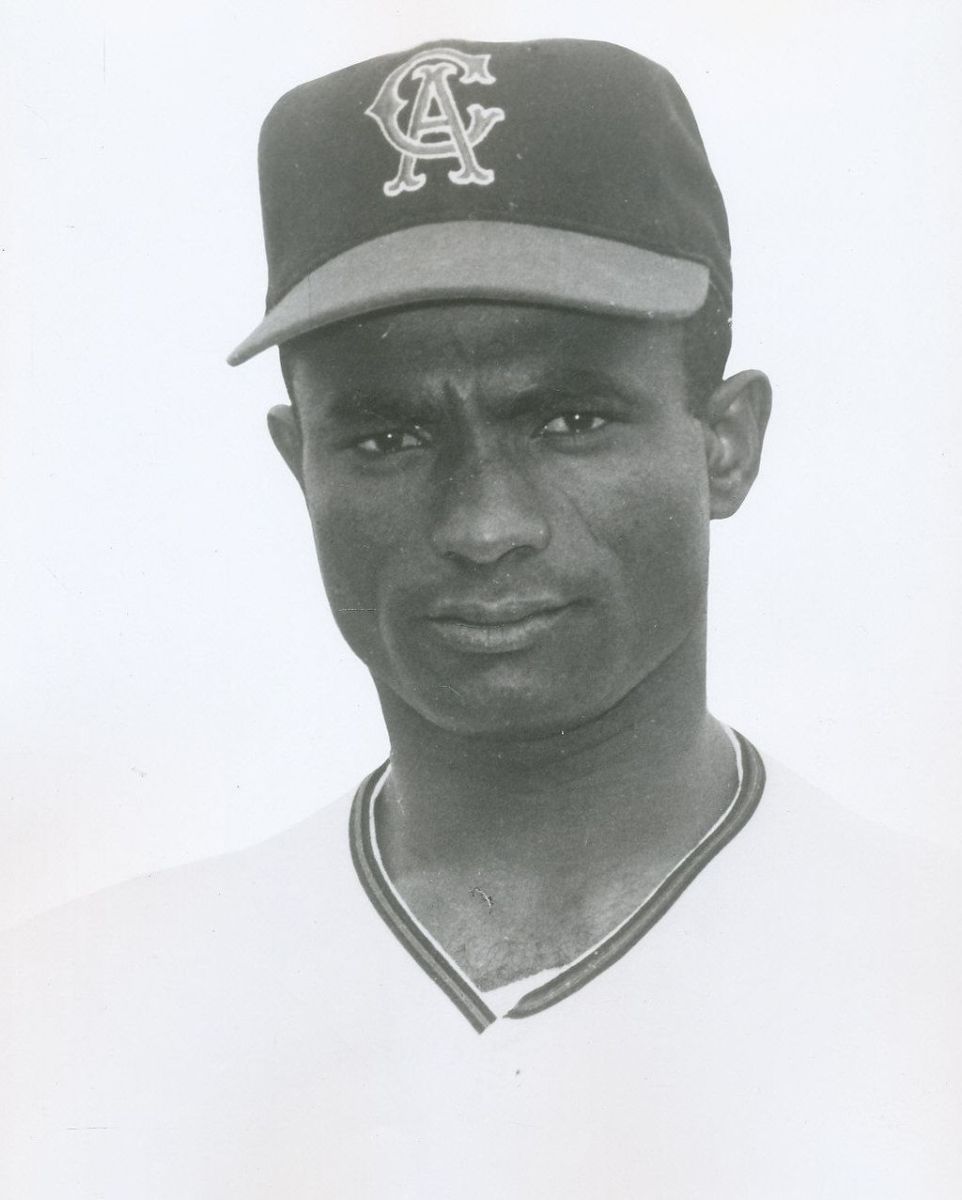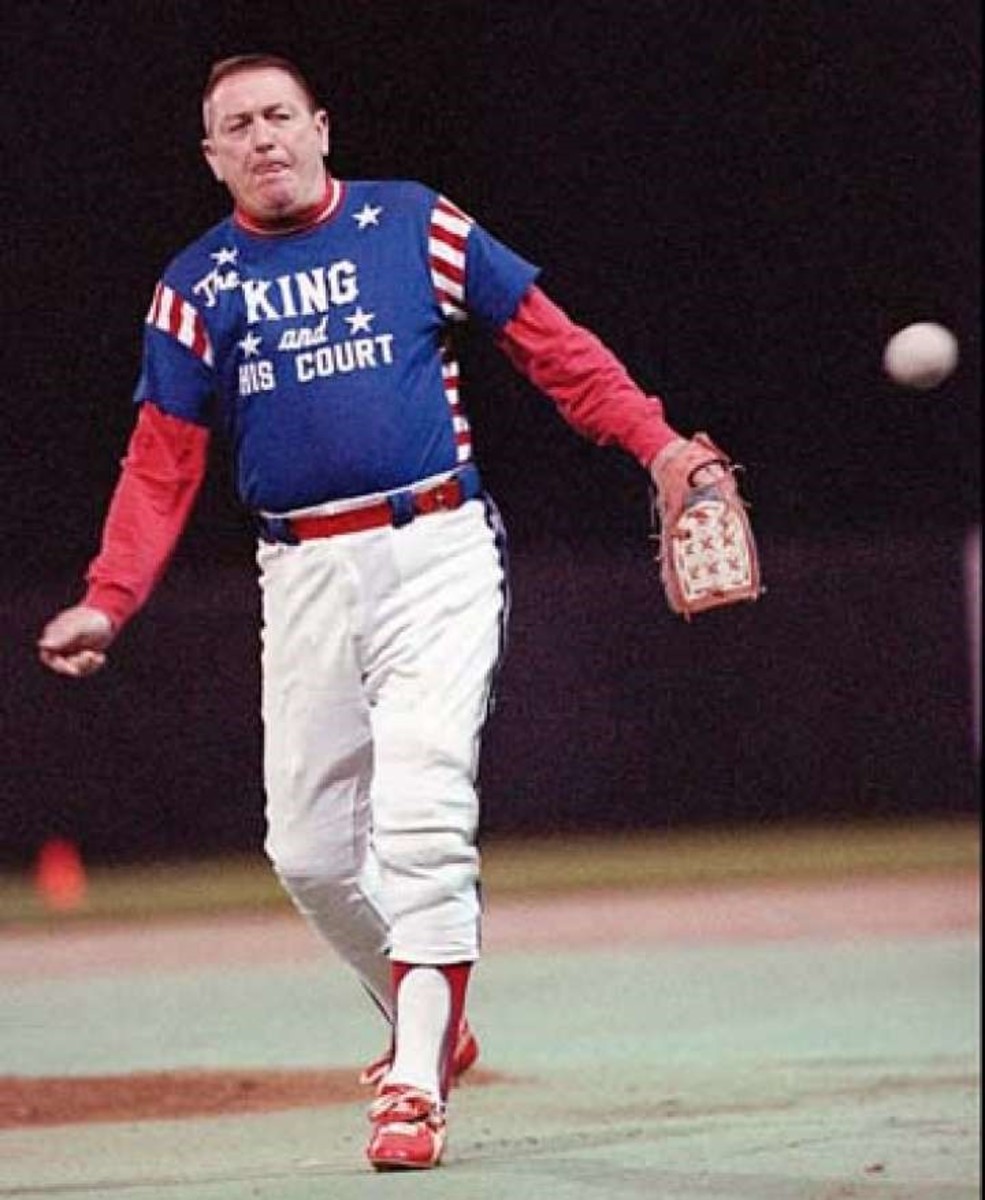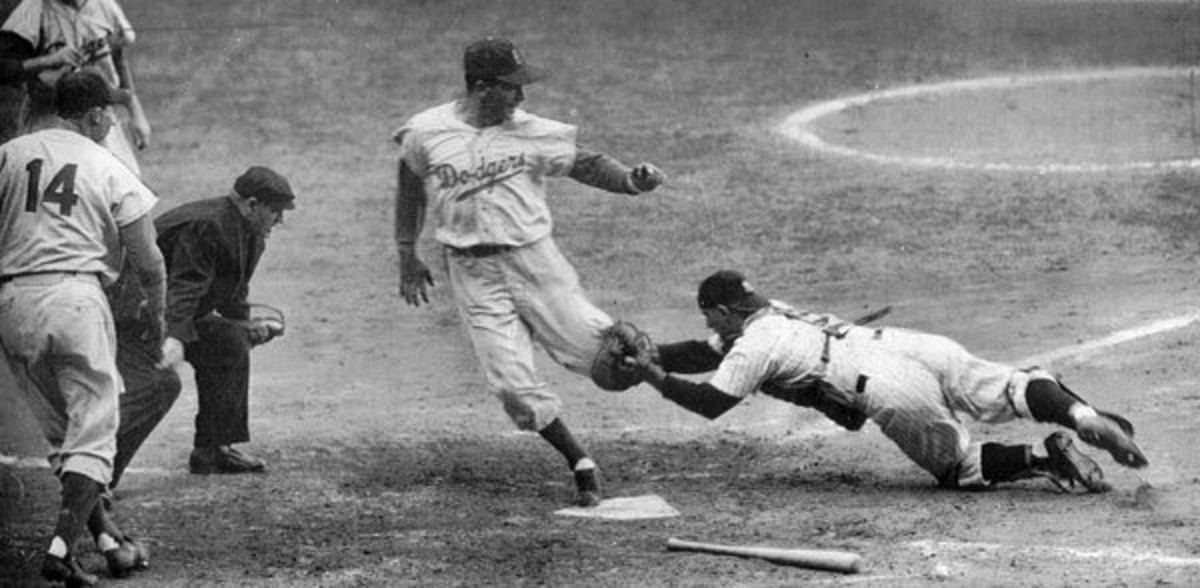- HubPages»
- Sports and Recreation»
- Team Sports»
- Baseball
The Steroid Era: Why baseball's inner circle looked away
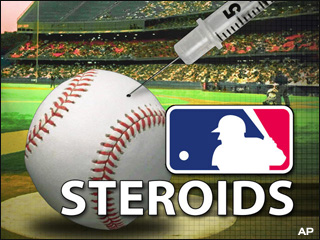


One of the major catalysts for the infiltration of steroids in baseball was the strike and consequent work stoppage of the 1994 season. Yet, this fact is not talked about nearly enough when discussing the reasons why testing was so lax and heedless during the "Steroid Era". Yes you can point to Bud Selig and a lack of oversight but the scapegoats are a plenty in regards to the steroid dilemma. On one hand, we need to hold the players themselves accountable. On the other hand, why did it take so long for Major League Baseball to implement drug testing when they were aware of the problem for a lot longer than they'll let on? The steroid abusers were grown men who could think for themselves and I'm sure were aware of the potential hazards of taking such powerful drugs. What about all the players who played a clean game, drug-free? The point I'm trying to make is that the players who injected are not without fault and put their health, pride, and career on the line and must live with those choices knowing they cheated their peers. The facts are that Selig was briefed during a winter meeting in 2000 about the growing problem of steroids by a team of serious medical professionals. Also among the top medical professionals, were team trainers and members of the medical staffs who told Selig that they tried to discuss the power and danger of these drugs but were quickly rebuffed by the powerful Players Association. Interestingly enough, it took two years after this meeting for Selig to negotiate a steroid-testing policy for the major leagues!
Timeline of Events
-
Anti-Drug Abuse Act of 1988
-
Commissioner Fay Vincent Issues Memo Regarding Steroid Use, June 7, 1991
-
Randy Smith, Tony Gwynn and Jason Giambi Discuss Steroids with LA Times, July 1995
-
MLB Implements Minor League Testing, April 2001
-
U.S. Senate Tells Selig, Fehr to Negotiate Testing, June 18, 2002
-
MLB Survey Testing Begins, March 1, 2003
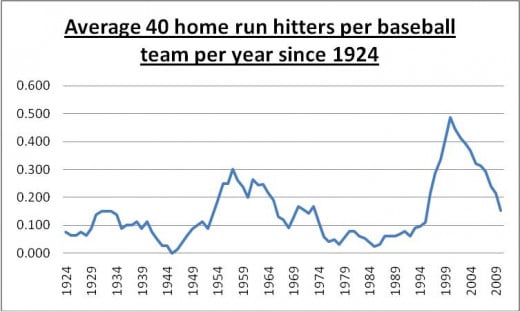
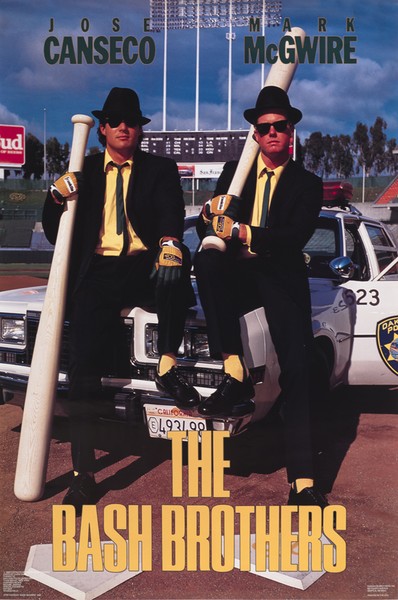
Why the 'Roids?
Unlike any other sport, the clubhouse of a baseball team is truly a special sanctuary for the players. Not a lot of outsiders are welcome and any problems that arise are usually kept in-house and most often handled internally as opposed to publicly. "What happens in the clubhouse, stays in the clubhouse". This type of code of silence amongst players can often be an obstacle for media members trying to get the inside track and create interesting subjective stories. There were whispers of steroid use for some time but I don't think the media ever got close enough to substantiate these claims. They aren't and never will be part of the baseball fraternity so in hindsight you can't really place a lot of blame on the media for not uncovering these shocking revelations. No one knows the exact moment when steroids entered the game of baseball but it was apparent that players were getting bigger, stronger, and faster like most other athletes during the 1990s.The Oakland A's, along with its two superstar "bash brothers" in Mark McGuire and Jose Canseco, were the first team in baseball to fully embrace the weightlifting culture. According to Howard Bryant's , "Juicing the Game", the A's were also the first team to hire a strength coach and were also the first team to put their players on a weight training program to build muscle. Long gone were the days of old baseball purists reminding you that too much bulk can mess up your swing. Perhaps you could say that the A's were the first team to benefit from the effects of steroid use and everyone followed suit after seeing the results. That team had serious power! I don't think it's such a wild accusation to pin the infiltration of steroids on the Oakland A's because two of its most important pieces would eventually become the two more important figures in the steroid discussion. The general consensus was that better training programs, equipment, facilities, "supplements", and other things of that nature were the cause of these hulking athletes. But the players weren't so naïve and knew that steroids were considered in baseball circles to be the fountain of youth.
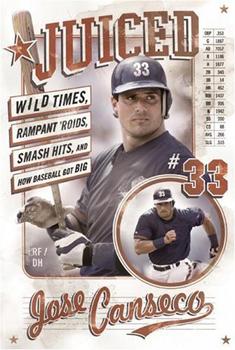

"Juiced" by Jose Canseco
On the back cover of Canseco's New York Times best-seller, "Juiced", reads a quote that is emblematic of the unapologetic stance he's taken after releasing the book. "The challenge is not to find a top player who has used steroids. The challenge is to find a top player who hasn't. No one who reads this book from cover to cover will have any doubt that steroids are a huge part of baseball and always will be, no matter what crazy toothless testing schemes the powers that be might dream up." After this book release the flood gates came crashing open. The book was so revealing it was part of the reason why former ballplayers were called to testify before a grand jury of the United States Supreme Court! In this book he takes personal credit for introducing steroids to baseball, and names former teammates Mark McGwire, Juan González, Rafael Palmeiro, Ivan Rodriguez, and Jason Giambi as fellow steroid users. The delusional cheater goes on to say in the book, "steroids, used correctly, will not only make you stronger and sexier, they will also make you healthier". Well I'm sorry to burst Canseco's bubble but there have been studies that show the adverse affects steroids have on the human body. The reason I mention Canseco is because his story fits into the overall context of the story. He was baseball's golden poster boy and was certainly marketed as such. The powers that be were not about to vilify a rookie of the year, MVP, world series champion, and baseball's first 40-40 guy; so they looked the other way. He was known within baseball circles as "the chemist" and instructed, injected, and educated players and team staffers alike. It was obvious he was on something but he certainly drew a big crowd and Bud Selig and the upper management were not about to jeopardize that, particularly after the disappointing 1994 strike which saw TV ratings and game attendance drop substantially. Enough on Canseco.
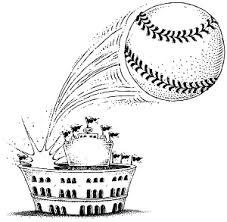

Argument For
I have heard arguments that steroids could be a good thing for the game of baseball and why not start a league that encourages steroid use? For a baseball purist like myself, I immediately dismiss such sentiments, but I see their point. The home-run race between Mark McGuire and Sammy Sosa was one of the more exciting events that I can remember as a baseball fan. It captivated an entire nation and brought a massive amount of attention to the game of baseball. I don't think I've had as much fun being a baseball fan as I did during that '98 season because every time these mammoths stepped to the plate they had a legit shot at sending it 500 feet out of the ballpark. Chicks dig the long-ball, right? Well so do 8 year old baseball fanatics as well as your average baseball fan. Maybe the decline of that type of power is contributing to lower television ratings and a sense that baseball is just too boring. Should baseball ever allow steroid use? I'll let you decide.
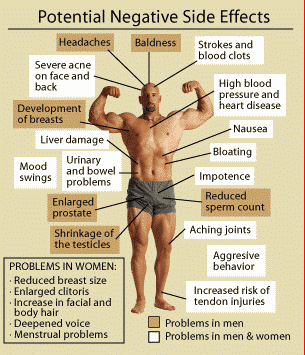
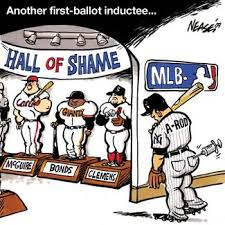
Argument Against
Steroids are disgusting no matter how you want to slice and dice it. It's common knowledge that steroids can give you severe acne, shrink your testes, increase cholesterol, cause kidney and liver problems, growth defects, and long term neurological effects i.e. "roid rage". All you have to do is look to the case of professional wrestler Chris Benoit to understand the negative effects of steroid abuse. They give you the strength to muscle the ball further out of the park, help you heal much quicker than the average adult male, and can be the difference between toiling in mediocrity in the minor leagues or making millions with a big league club. Sounds enticing, right? Well here's the problem. You're cheating! It's as simple as that, cut and dry.Steroids are akin to a cheat-code for a video game. If you were a good player before the drugs and became a great player after you took them, your reputation is smeared and all your numbers should be accompanied with an asterisk. Look at what guys like Roger Clemens, Barry Bonds, Alex Rodriguez, and Ryan Braun. Each one of these players were beloved at one point in time but are now ridiculed and looked upon shamefully for tainting the game. Steroids and baseball don't mix and can not coexist. Its not as if players are losing their pop; they just aren't producing astronomical home run totals like that of the steroid era. Look at Miguel Cabrera, Bryce Harper, and Prince Fielder, among others. These guys do it the right way and still produce 4-baggers regularly. Another argument often made by baseball purists like myself is that the absence of steroids has created a more aesthetically pleasing brand of baseball. All of a sudden the "five tools" managers look for in players become a valuable asset again. Pitching, base running, fielding, and the "moneyball" statistics such as OBP and OPS are suddenly important factors again when gauging a player. It's a bad to take steroids, never think about it.
